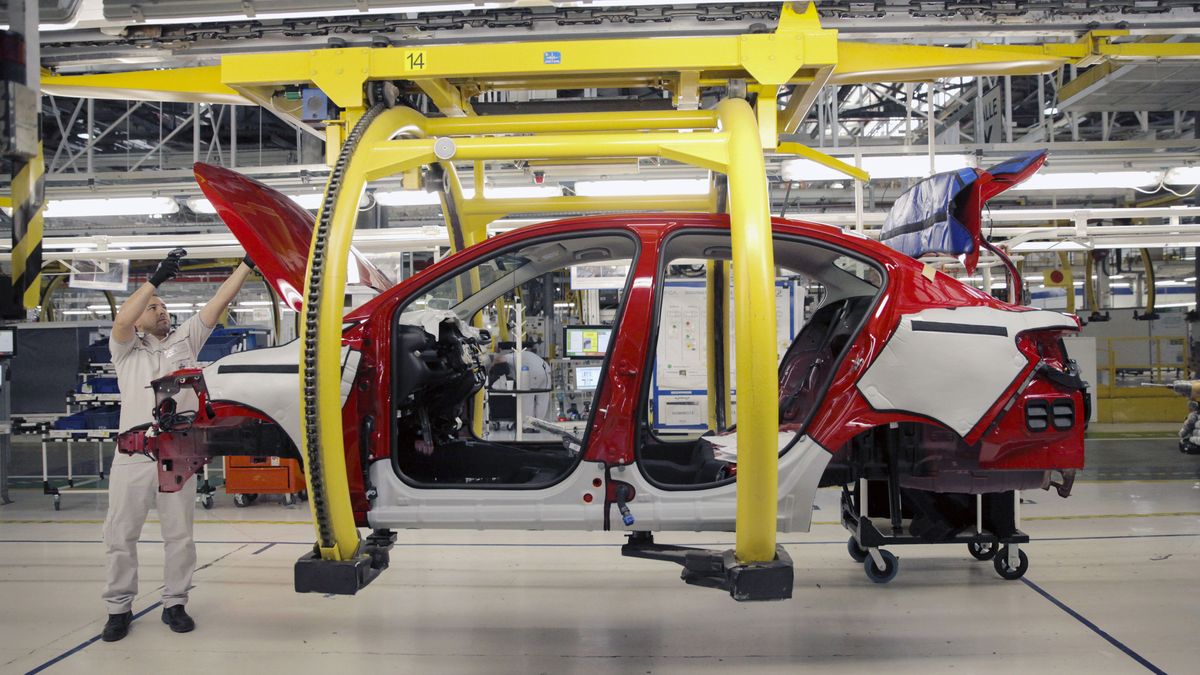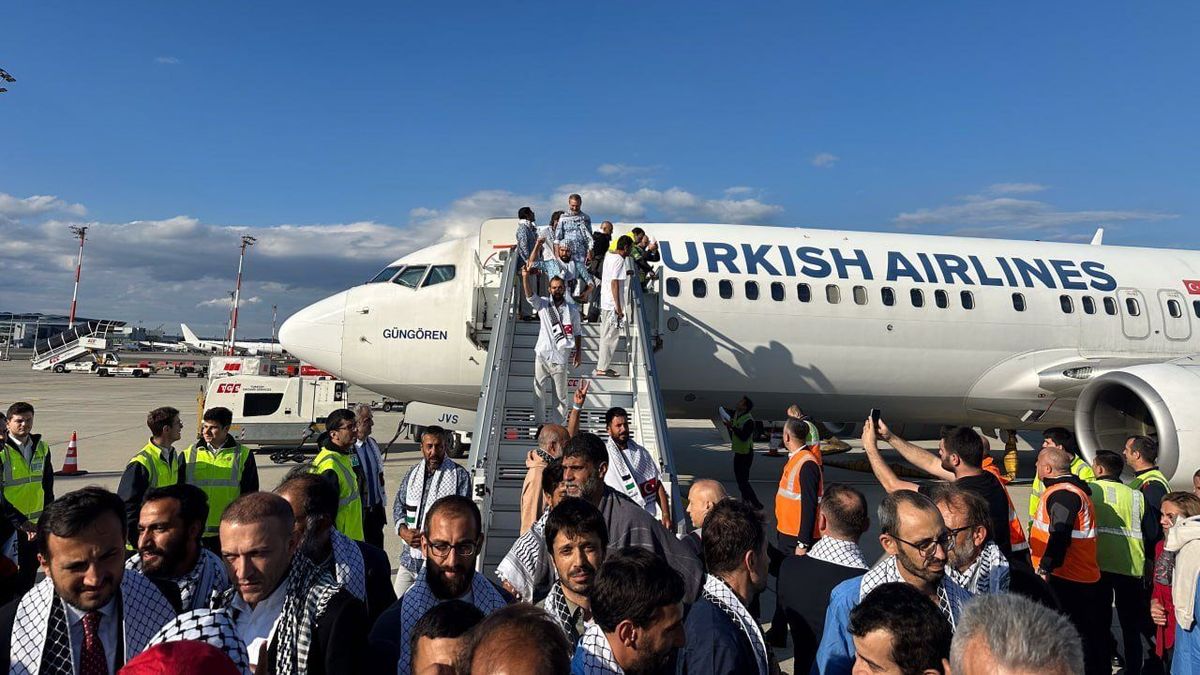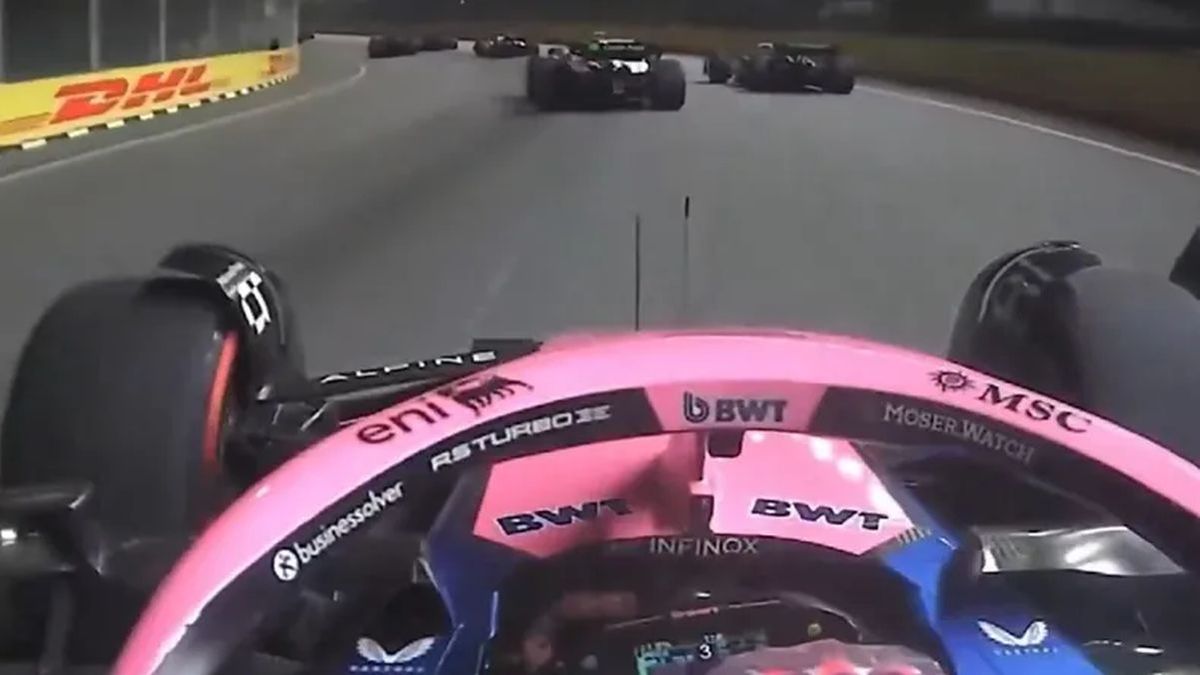During the presentation of the new utility vehicle Toyota Hiace, which began to be assembled in the country, the president of the company, Gustavo Salinasdetailed the difficulties with which they closed the year in terms of production as a consequence of the impossibility of being able to pay suppliers abroad.
“In December, when the plant stopped for vacation, we did not know if we would be able to produce again when the licenses returned due to the problem with the payment of foreign suppliers,” he explained.
The manager alluded to the total “trap” to access dollars that the former Minister of Economy, Sergio Massa, had available for most of 2023.
The former official told the automotive companies that, given the lack of foreign currency, the companies had to finance their own imports of parts and 0km with the promise that, within a certain period, the Central Bank was going to release the dollars at the official exchange rate.
This caused the local terminals and auto parts will become indebted to parent companies and suppliers for an amount greater than US$8,000 million.
The previous government did not meet payment deadlines and the electoral defeat of Unión por la Patria left a critical scenario.
Given the lack of payment abroad, international suppliers began to cut merchandise shipments and plants began to make constant shutdowns due to lack of supplies.
This is how the end of the year was reached, with the relief generated by the beginning of the holidays.
But when we returned from the summer break, the problems worsened. General Motors, Volkswagen, Nissan and Renault announced that they would not return to production because they had problems with the supply of parts, both the terminals and their local suppliers that manufacture auto parts.
Upon assuming, the government of Javier Milei implemented a bonus (Bopreal) to pay off the foreign debt within four years.
At the same time, he established a new import systemwhich released the restrictions, plus a payment scheme for new imports that is being fulfilled.
“Luckily, now the situation has normalized and we are being able to import,” Salinas added.
Toyota – the main Argentine manufacturer in the sector – was one of the automotive companies that joined Bopreal for a significant amount of the debt it has abroad.
The situation is more complicated in the other terminals and these days are key for their productive activity.
Renault’s Córdoba plant – where the Nissan pickup is also produced – returned to production in recent days, highly conditioned by the problem of supplier debt. It is working irregularly due to difficulties with local suppliers due to payments abroad and shortages of some raw materials.
General Motors will return to activity starting in March, after two months of shutdown, following a staff suspension scheme. The manufacturing pace that will be maintained from then on is not defined.
Volkswagen will define this week the modality for returning to activity, also starting in March, after the stoppage since December. The alternative being analyzed is to return in a single production shift, instead of the two with which they ended the year, and on a rotating basis for the staff. While one shift works, the other would be suspended and, supposedly after 15 days, the situation would be reversed.
These cases continue to be affected by the problem of foreign debt as international suppliers, in many cases, refuse to restart shipments due to non-payment.
Also tomorrow, the Stellantis group will announce the production scheme for the coming months in which there would be cuts in activity.
Added to this is the problem of falling demand, especially from abroad, which forces us to reduce the pace of manufacturing in the local market.
For example, Toyota will reduce the manufacturing of Hilux and SW4 from 180,000 units, which it reached in 2023, to less than 165,000 this year due to the decline in markets such as Chile and Colombia.
The rest of the terminals, in general, are defining production cuts.
“The most serious problem continues to be the foreign debt that remained from the previous government. Some problems were solved, through direct intervention of the terminals with their auto parts, but there are still delicate cases that mean that the activity is not normalized,” an executive from an automotive company explained to Ámbito.
Source: Ambito




